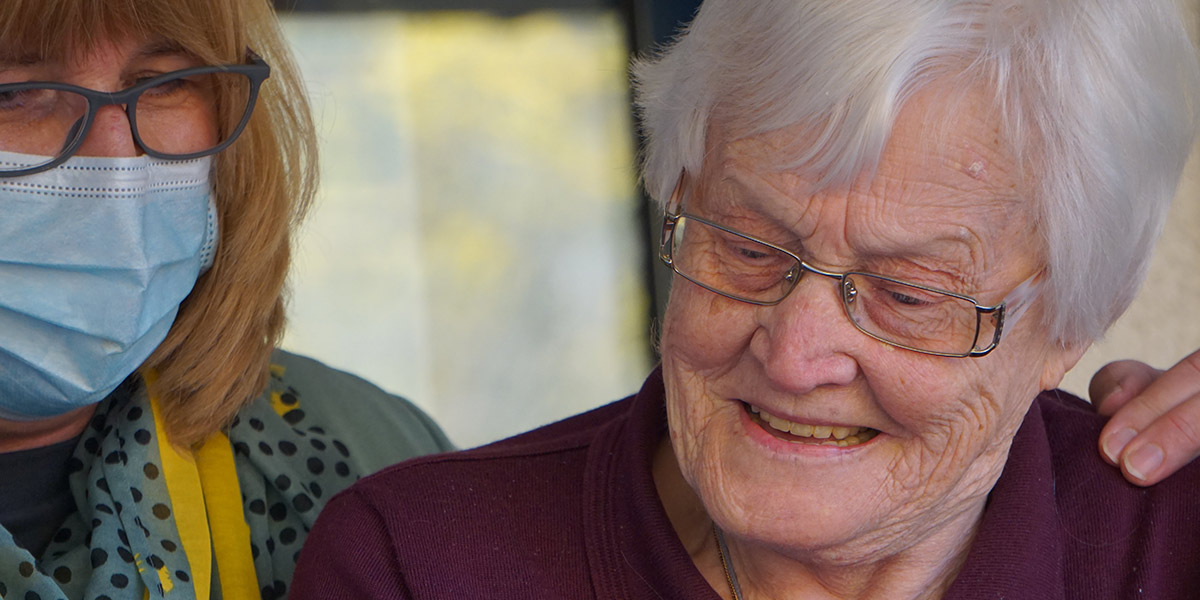
In many ways, seniors have become the face of COVID-19, with nearly 80 per cent of COVID-19 deaths in Canada connected to long-term care homes. With tightened visiting restrictions in place, social isolation has become a real threat for many living in care, increasing the risk of loneliness, anxiety and depression.
UBC’s Dr. Roger Wong, a clinical professor of geriatric medicine in the faculty of medicine and expert on seniors’ well-being, offers some tips on how we can protect seniors living in long-term care, and looks ahead at how the outbreak is set to reform long-term care policies across the nation.
Why are seniors in long-term care homes at a higher risk of developing the COVID-19 infection?
Seniors in long-term care homes can be at a higher risk of developing infections, including COVID-19, because they often have longstanding health conditions, including physical disabilities and mental health conditions (such as dementia or Alzheimer’s disease), and can be in close proximity to others depending on the rooming arrangements in the care homes.
If there’s an outbreak at a long-term care home, should families remove their loved ones?

Dr. Roger Wong
When possible, we should protect seniors where they live now. Families should cautiously consider if moving loved ones out of a care home would lead to serious unforeseen consequences. Questions to consider: would moving them negatively affect their health and the health of others, such as their family members? Would moving seniors with multiple health issues make it more difficult to access necessary specialized medical equipment? Would moving a family member with a dementia like Alzheimer’s disease trigger complications such as delirium or acute confusion?
How can we protect seniors in long-term care homes?
In recent weeks, the B.C. government has taken some important steps such as limiting the number of care homes that individual health-care workers can work in to prevent cross-infection, providing enhanced infection prevention and control protection to care-home workers, and restricting non-essential visits to care homes. Physical distancing within the community and among caregivers must continue to be strongly enforced.
The federal government has also formed an expert task force on long-term care to provide national recommendations on how to address the unique challenges of combating COVID-19 in long-term care homes across Canada. As a member of this task force, I look forward to new guidelines and principles that will be announced to further strengthen protection for seniors living in long-term care homes.
How can seniors stay connected with their families and friends while practising physical distancing?
Remember, physical distancing (that is, maintaining a physical distance of two metres between people) does not mean social isolation. Use technology—a phone call, Skype, FaceTime or Zoom—to interact with family and friends. It’s important to stay engaged because social isolation and loneliness can negatively impact our health.
How is the outbreak shaping policies in long-term care homes?
Going forward, we need to learn and act immediately in a health system approach, with new consistent policies for long-term care homes across the country that lay out best practices on outbreak prevention and control. This should include rapid-response plans for coronavirus, influenza, bacterial diarrhea illnesses and so on.
Learn more about seniors’ health and COVID-19 in the Faculty of Medicine’s special edition of Pathways: Connecting with Compassion and Care, devoted to empowering seniors and their caregivers and family members.